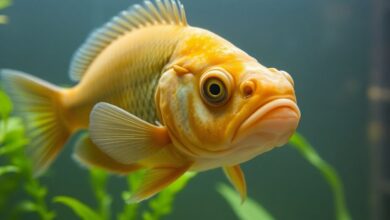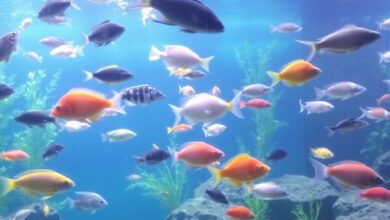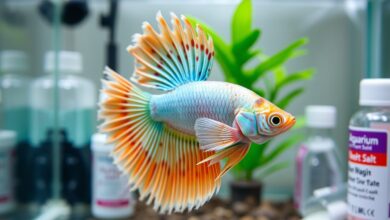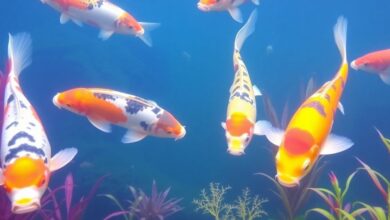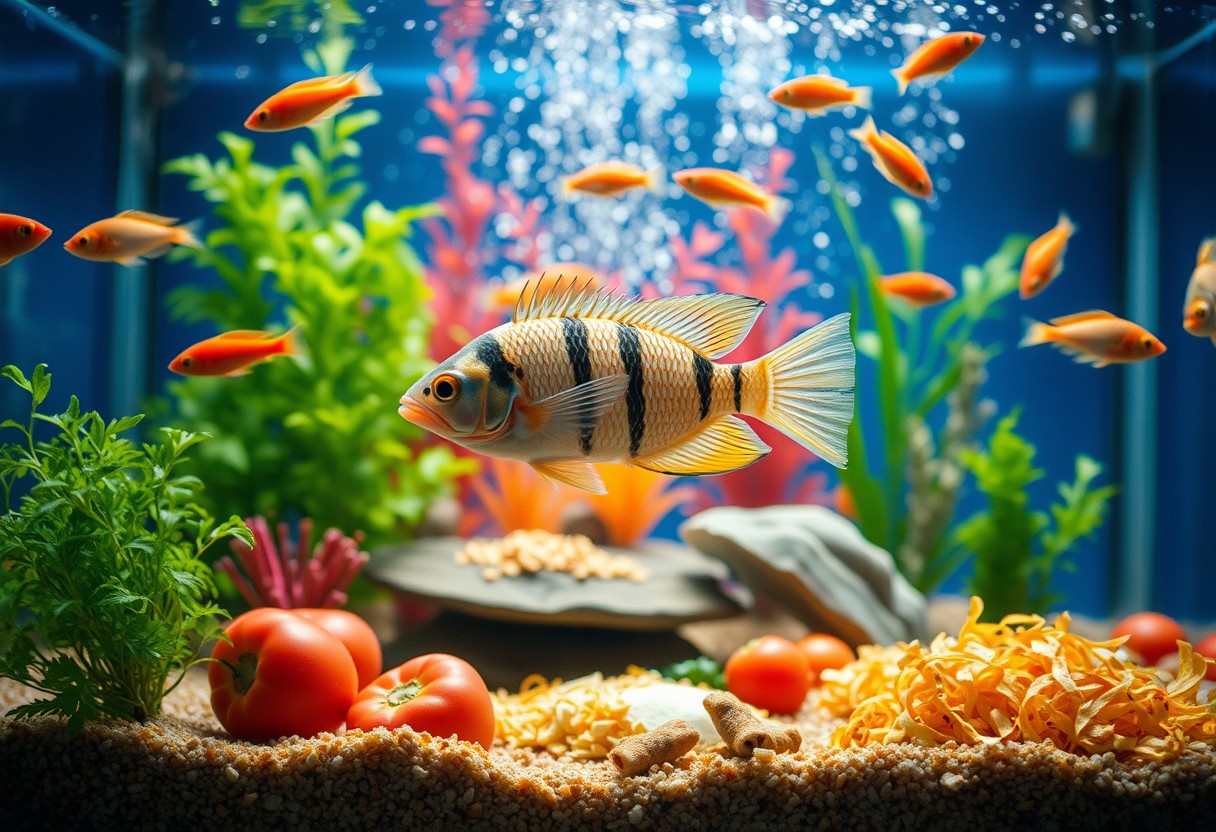
It’s necessary to provide your rope fish with a well-rounded diet to ensure they thrive in your aquarium. These unique aquatic creatures, native to Africa, require specific nutrients to maintain their health and vibrant colors. By understanding their dietary needs, you can help your rope fish live a long, fulfilling life.
Concerning feeding your rope fish, you should focus on a mix of high-quality pellets, frozen foods, and live options. Carnivorous by nature, these fish typically consume a diet rich in protein, which is vital for their growth and overall well-being. Selecting a premium fish pellet designed for carnivores will provide a strong base for their diet.
Frozen foods are another excellent option for your rope fish. They enjoy a variety of frozen offerings such as brine shrimp, bloodworms, and daphnia. These options not only supply protein but also add variety to their diet. Just be sure to thaw the food before feeding, as serving it frozen can lead to digestive issues for your fish.
If you want to offer even more variety, consider incorporating live foods. Tube worms, blackworms, and small shrimp are fantastic choices that can stimulate your fish’s hunting instincts, making mealtime more engaging and enjoyable for them. However, always ensure that any live food you provide is sourced from reliable vendors to avoid introducing harmful pathogens into your aquarium.
In addition to protein, your rope fish will benefit from occasional plant-based foods. While their primary diet should focus on protein, adding a small amount of vegetable matter can help maintain digestive health. You can use blanched zucchini or small pieces of spinach as a treat. Just be cautious not to overdo it, as too many plant materials can impact their overall health.
Feeding frequency is another element you should be mindful of. Ideally, you should feed your rope fish once or twice a day, offering only what they can consume within 5-10 minutes. Overfeeding can lead to water quality issues as uneaten food decomposes, so always remove excess food after feeding. It’s also vital to monitor your fish’s behavior during feeding. If they appear disinterested, it might be worth reassessing the food you offer or discussing with a vet for further advice.
In essence, by focusing on a diet rich in high-quality pellets, frozen and live foods, along with the occasional vegetable treats, you can ensure your rope fish receives the nutrition they need for optimal health. Make every meal count by mixing things up and keeping feeding times enjoyable. With the right approach to their diet, your rope fish will likely flourish in your care.


